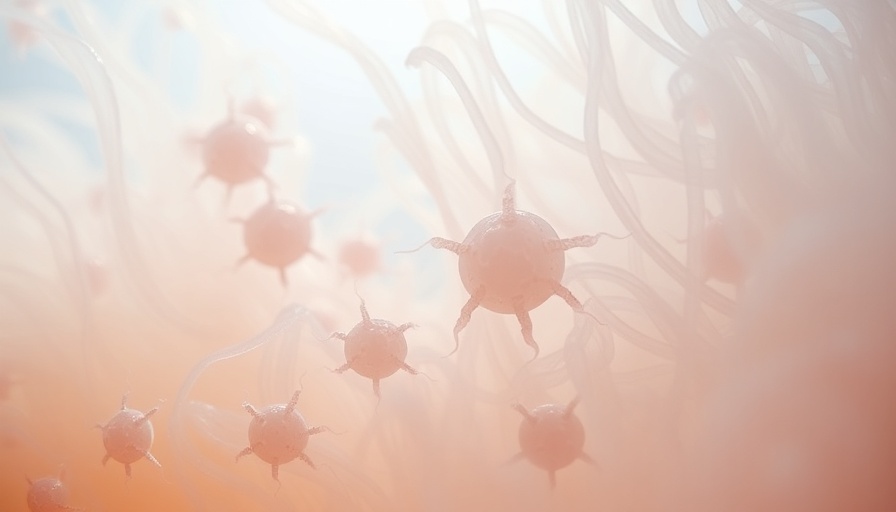
The Recent Emergence of Amoebic Gill Disease in Marine Aquaria
If you’ve been following the latest trends in marine aquaria, you may have heard whispers about a novel threat: Amoebic Gill Disease (AGD). This disease, caused by a parasite known as Neoparamoeba perurans, has become a significant concern for aquarists and marine enthusiasts alike. With the increasing popularity of home aquaria, understanding this disease is vital for maintaining fish health and biodiversity.
Understanding AGD: The Basics
Amoebic Gill Disease primarily affects fish by inflicting harm to their gills, disrupting their respiratory function. Symptoms usually include rapid gill movement and lethargy, often leading to death if not detected early. Neoparamoeba perurans can be introduced into aquaria through infected fish or contaminated water sources, making it crucial for aquarists to maintain high water quality and monitor their systems closely.
Preventing the Spread of AGD
Prevention is key when it comes to managing AGD. Regular testing of water parameters, proper quarantine procedures for new fish, and maintaining a clean environment in your aquarium can dramatically reduce the risk of AGD outbreaks. The dynamic nature of your home aquarium requires vigilance to protect not only your fish but also the overall ecosystem.
What Homeowners Should Know About Their Aquaria
For homeowners who may be new to the world of marine aquaria, the idea of dealing with AGD can be daunting. However, understanding the risks and taking preventive measures can help ensure a thriving home aquarium. Staying educated about potential diseases and their symptoms empowers you to act swiftly and effectively, fostering a healthier aquatic atmosphere.
Broader Implications of AGD on Marine Biodiversity
In light of AGD’s emergence, it’s also worth considering its implications beyond the walls of your home. The propagation of such diseases not only jeopardizes individual fish but could also lead to broader ecological impacts on marine biodiversity. Homeowners who contribute to the marine aquarium hobby should be vigilant, as the choices made in home aquaria can reverberate into wild ecosystems.
Engaging with the Community for Best Practices
Joining local aquatic clubs or online communities can provide homeowners with valuable resources and insights to better manage their tanks while dealing with AGD and other potential problems. Sharing experiences and strategies can foster a supportive community aimed at sustaining healthy aquatic environments.
As we navigate the complexities surrounding Amoebic Gill Disease, let’s remember that our individual actions can influence the health of our home tanks as well as the broader marine world. Stay informed, be proactive, and let your aquarium thrive!
For more insights on maintaining a successful marine aquarium, consider joining local aquatic groups or engaging with online communities.
 Add Row
Add Row  Add
Add 




 Add Row
Add Row  Add
Add 

Write A Comment